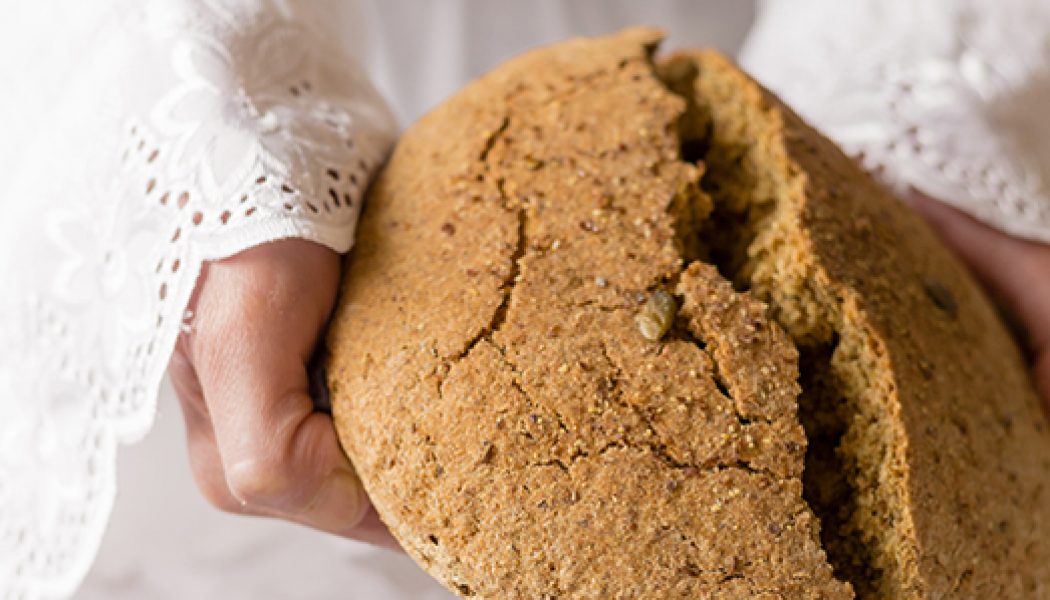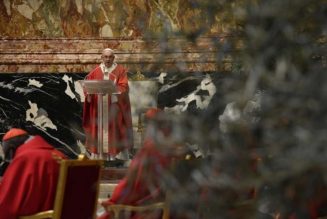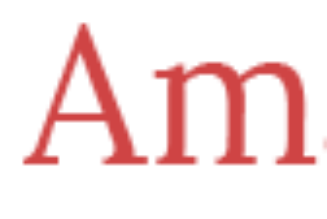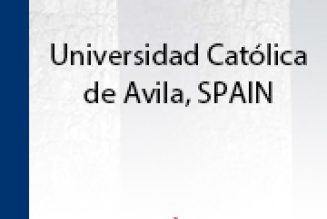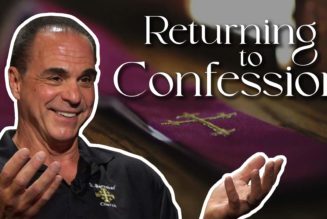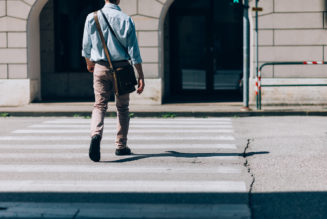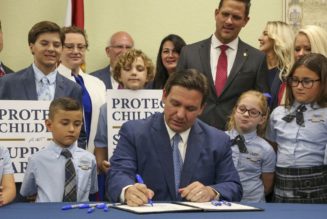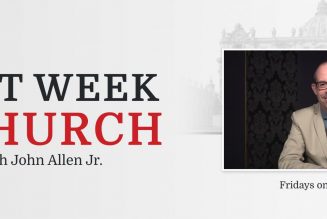
She was grinding grain of wheat and barley when he came up from behind, startling her with a quick kiss to the cheek that made her jump and give a little cry out loud.
“Yeshua,” she chided as he laughed. “You wouldn’t find this so funny if I spilled the flour into the dirt and we had no bread.”
He poured out a bit of water and sipped it, still smiling as he watched his mother’s clever hands at work. “I would never be leaving you without bread, Eema.”
Leaving. It was a touchy subject, still. Her son had told her days earlier that he would be traveling away from Nazareth, preaching and teaching like his cousin, John, although “differently,” he had chuckled. “Camelskin itches, and I’ve never been as bombastic as he.”
Miriam had sighed and shaken her head in agreement. She’d never quite known what to make of John. Even as an infant he had been boisterous, loud, and relentlessly energetic. Elizabeth swore he had been the same in the womb, and Miriam remembered how her elder cousin had nearly doubled over from the exuberant kicks he’d delivered just as the two women had greeted each other, all those years ago.
And now, John was out in the desert. He’d left his temple service and his established priesthood behind in order to preach repentance—and he was nearly apocalyptic about it, she’d heard. Full of fire, and bringing people to water to be cleansed both inside and out.
A mikvah, but not a mikvah. Something new, and strange.
The world was changing. She didn’t understand it, but her Yeshua said it was “all good.” John’s harsh condemnations, his ersatz mikvah, his radical prophecies about the Messiah. Her son had visited where John was and when he’d come back he seemed different, somehow—deeply settled in one way, but restless too. He would stop his work for a drink and end up gazing far into the horizon, over-occupied in his thoughts, his tools forgotten.
“Did you get washed by John, then?” she had teased as she’d placed a dish of figs and curds before him.
“I did,” he admitted. “Water was cold.”
“And he is well?”
Yeshua nodded and gave a little shrug. “He is John. As John as he ever was. Powerful and prophetic. And still ear-shatteringly loud.” He offered his mother one of the figs. “He sends his love to you, Eema. His very noisy love.”
They both chuckled and ate in companionable silence for a few moments. Dipping into the curds, Yeshua looked away. “I will be leaving in a few days, Eema.”
They’d had this conversation before, and she hadn’t liked it then. She hadn’t liked it when he had brought new friends around to crowd her rooms either—this strange grouping of fishermen. That big, clumsy older one, Simon, whom Yeshua called “Peter,” with all of his fast opinions and outbursts (although his gentler brother Andrew seemed nice). And those two brothers who never stopped arguing—the “sons of thunder.” She’d like to meet the mother who produced those two scamps.
No, she still didn’t like that her son was leaving—wasn’t sure she liked the company he was keeping—but she trusted him to know best about what was inside these men.
And she no longer wondered (as she had) whether her habit of volunteering (some might call it nagging) her son to do little things here and there was the catalyst for him wanting to do something else, away. Away from his mother.
But Yeshua had assured her that he really hadn’t minded her coming to him at the wedding, and telling him there was no more wine—as though that was his business. “Woman,” he had sighed at her as she’d pulled him away from a lively gathering, “How is this my problem?”
She had not answered, instead giving him her most speaking look, and he’d laughed as she’d beetled off to the servers, telling them to go to her son and do whatever he said.
No, Yeshua wasn’t leaving because she was a good Jewish mother. He had his mission, and it was not her place to stop him. She knew that.
Still, though.
Pondering all of this, she sifted her fingers through the new flour, so fine. She cast out the random filaments and casings, poured a bit of oil, and began mixing a dough.
“Eema, take a break,” Yeshua was urging her, now with his hand held out. “Come walk with me a bit.”
“Later,” Miriam waved him away. “I must see to the bread.”
“You’ve been doing that for my whole life, Eema.”
“And I will do it for yours and for my whole life. How else can we sustain that big oaf you’ve brought here?”
“What, Peter?” Her son laughed. “Someday, with a little help, that boulder of a man will be worrying about bread for others, just like you. Come on, Eema, take a walk with me. I want to spend a little time with you. Just you, please?”
“Wheedling has never worked on me, Yeshua.”
“It’s always worked on you, Miriam. With everyone.”
She looked up with a gasp, ready to chide him for using her name, but unable to resist his smile.
“You are very fresh sometimes, for a grown man and a teacher.”
He bent over her, still wheedling. “I’m just your little boy, woman! Let’s go for a walk then! Me and you.”
“You and I . . .” she corrected, smiling in spite of her tone. She shook her head as she formed the dough into circles. “Just let me put these on to bake,” she insisted. “It will be bread when we return.”
“You’ve enough there to feed an army,” Yeshua observed.
Miriam shrugged, impervious to flattery. “Well . . . to feed your friends, at any rate.”
But the walk was lovely—a little gift of time spent between a mother and her grown child. A small respite it was, to remember together, laugh and tease together. To miss the past and hope hugely, fervently, for the future.
“When will I see you again?” she had asked him—not demanding but simply wanting to know, and hoping the answer was “soon.”
“In a little while,” he said. “Or you can come with, if you like. Although I suspect the traveling will be hard and the company not always easy to take.”
Nodding wisely, Miriam stopped walking and looked up, touching her hand to his chin and looking at him with all of the tenderness she possessed. “Later,” she agreed, softly. “I’ll travel with you later, when you need me nearby, yes?”
Yeshua took her hand, raising it to his lips, his eyes round and serious. “Aye, Mother. When I need you nearby, as I will.”
Her eyes strangely, unaccountably moist, Miriam took a deep breath, needing to gather herself in the moment, and then gave her son a sharp look. “In the meantime, your friends—and I still say they are a ragged lot—will learn all about the bread, or they should,” she said, sounding like she had her doubts. “The secret, you know, is in how willing you are to stay with the grinding, until there is nothing left but the dead flour, only good for one thing then: the oven.”
“Yes,” Yeshua agreed with a smile. “And then, through the scalding fire it becomes something that life-sustaining. Isn’t that so, Eema?”
She gave him the corner of her eye, taking his arm and permitting him to see a proud little grin. “Such a good teacher, you are, my son. The people will love you for it.”
“Well . . .” Yeshua copied Miriam’s shrug, offered with raised eyebrows and a cock of the head.
He smiled down affectionately at his mother, and said no more.
